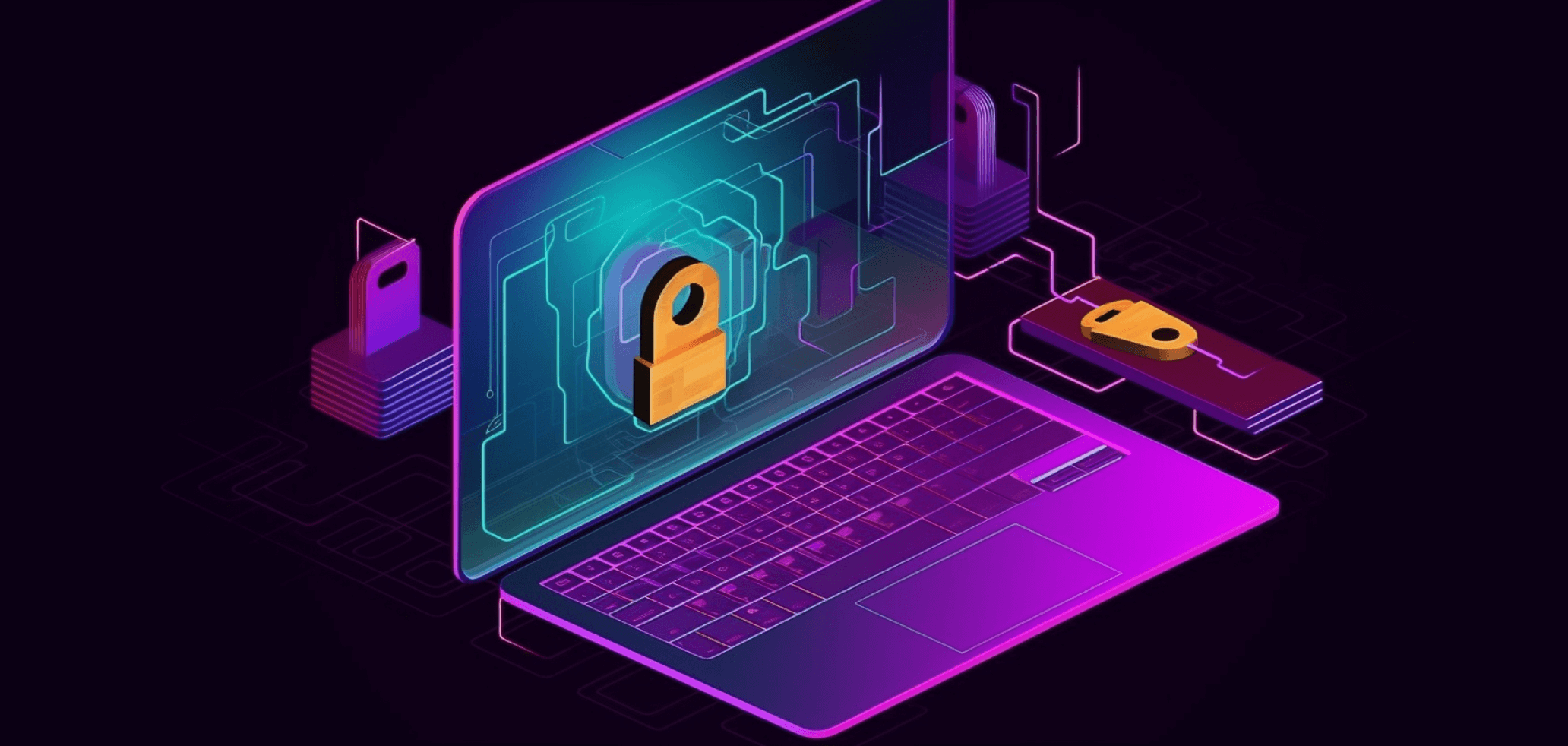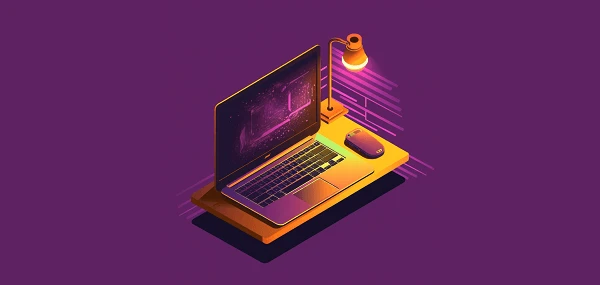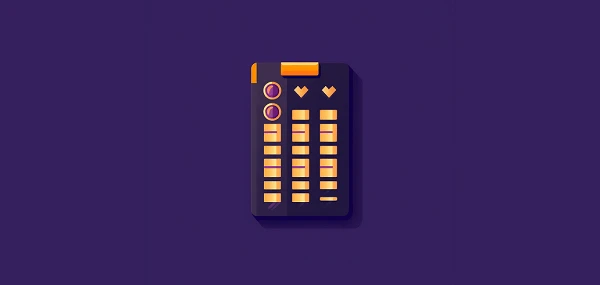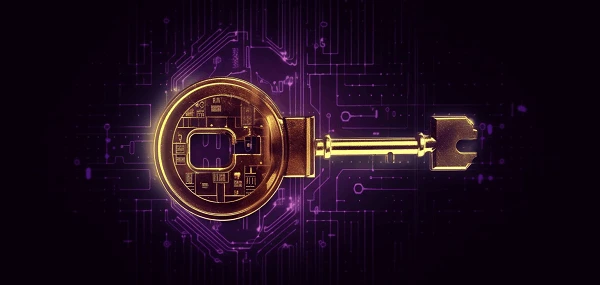Digital hygiene is a set of principles aimed at creating a protected and well-organized environment for devices, networks, and activities, such as sharing your internet. In a connected world, this idea is as important as body cleanliness. As long as we tend to socialize, learn, and make money online, an individual starts to have two representations, the material body and the cyber-based one. The second aspect requires care, too, otherwise sensitive details, funds, assets, and even identity can be stolen. In this piece we will discuss applicable tips to keep yourself safe and secure on the Web, based on our expertise as a passive income app to make money with Wi-Fi.
Basics of digital hygiene
To practice digital hygiene, it is reasonable to adopt a special mindset. All actual measures stem from it. It is as follows: stay aware and alert about malware to the same extent you try to fend off real microbes. That attitude dictates four general guidelines:
- In case you do not deliberately search for it and do not need it, make no clicks on it.
- When you download and utilize it, update it.
- If you do not use it anymore, delete it.
- Keep your “shields” in place and never deactivate them.
Six rules of digital hygiene
Let us elaborate on six hands-on hints arising from the cautious mentality this article promotes.
Rule 1. Passwords matter as the first line of defense. They are to match certain criteria:
- Sufficient length, with 12 symbols as the minimum.
- Uniqueness, which means a unique password per each account and device, Wi-Fi routers included (dedicated password managers, e.g. KeePassXC will help you store all those credentials).
- Diversity of components, with digits, small and capital letters, special symbols, etc.
- Anonymization implying you do not enter your date of birth, names, personal catchphrases, and identifiable information as parts.
- Regular change of watchwords.
- 2FA is universally enabled for every session.
Rule 2. Upgrades exist for a reason. Vulnerabilities are an important rationale for solution developers to publish newer versions of their apps. Whenever you learn that a fresher release is available, upgrade the program. Skipping that stage means opening a door for intruders. And remember to remove software you do not intend to use in the future.
Rule 3. Bother to buy a VPN package. This hint is critical for those who work and make money online. Such a step will mask your IP and encapsulate your data exchange and communications within a private network, boosting safety.
Rule 4. Installing antiviruses is an obvious pillar of digital hygiene. Their sudden checks and notifications might appear to be an unnecessary headache. Concurrently, the more barriers exist between you and criminals, the better. Get accustomed to it, just as you are used to passive income apps to make money with Wi-Fi.

Rule 5. Track and monitor possible breaches proactively. There is no shortage of assistants. Here one can scan their e-mails as well as verify if any passwords have leaked.
Rule 6. If you visit a page, certify whether the site is HTTP or HTTPS. “S”' stands for secure. In case this letter is not present, leave.
These simple yet workable measures will protect you from typical cyber threats.
Stay safe with the ByteLixir passive income app
When you make money with Wi-Fi via the ByteLixir passive income app, you can be sure our team does its best to protect you. Our solution requires no access to sensitive information to enable people to make money online and proofs user data with a range of safeguards. This might be different with other platforms and systems, however. So follow the six cyber hygiene recommendations above.
Next Steps to Earn More
Compare apps, check trust pages, and pick the best strategy before you start.











